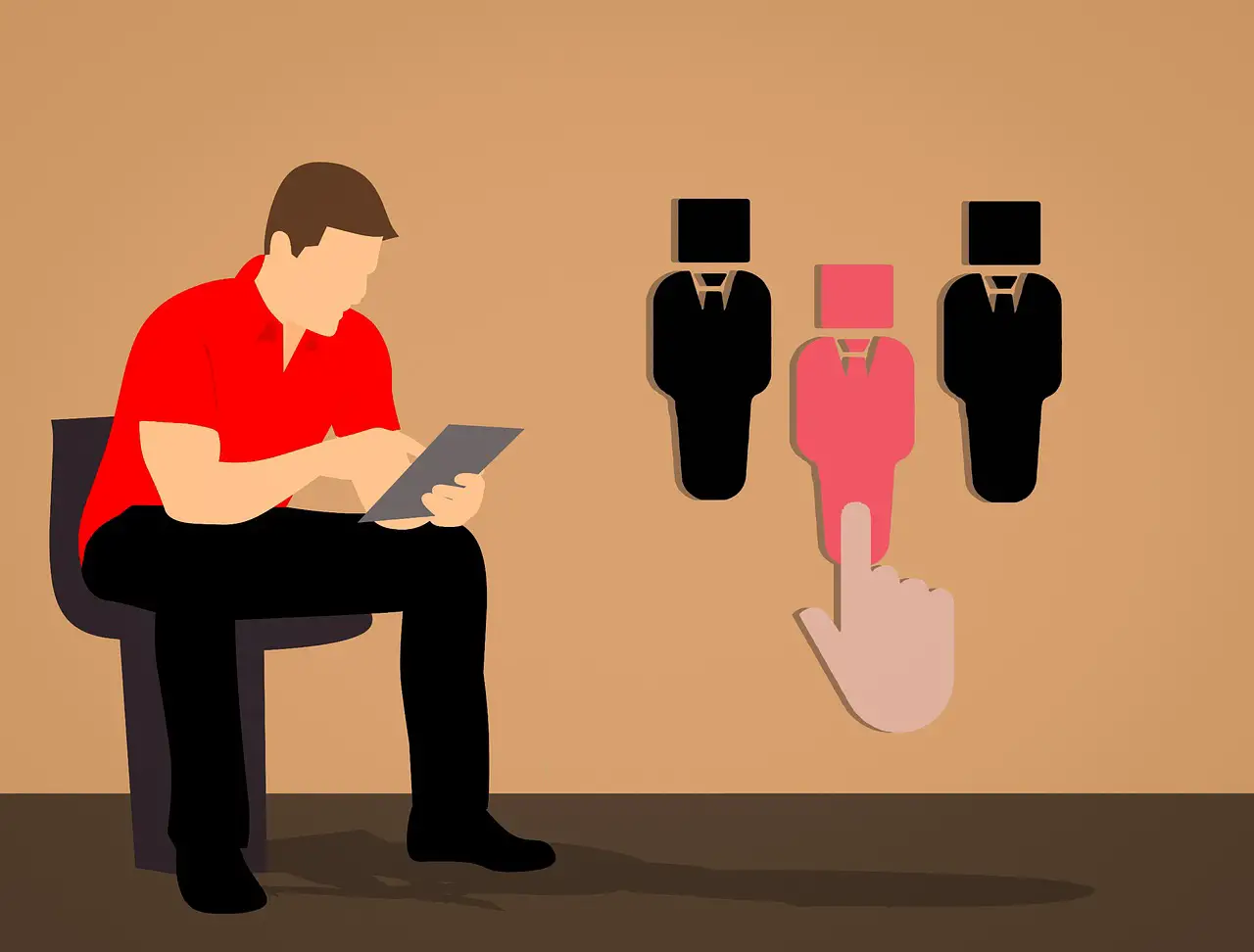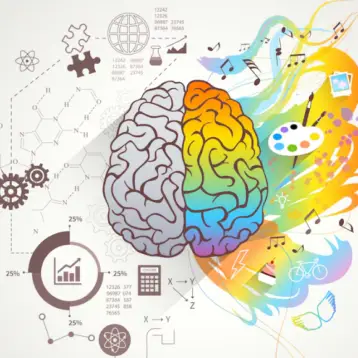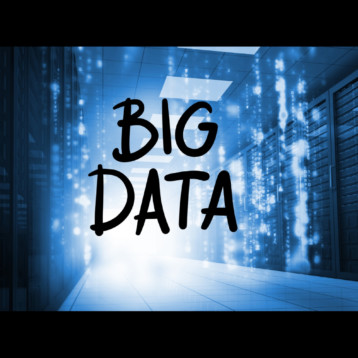
In order for a business to operate smoothly, establish a good reputation and reach its established goals, all departments should work seamlessly like well-oiled cogs in a machine. Sales, marketing, management, research, production should all be aligned with the company’s corporate ethos and deliver maximum productivity. However, beyond profit reports and spreadsheets, a company is made out of its employees, so human resources remain one of the most important departments that should never be underestimated. A good HR department bridges the communication gap between management and employees, provides insight into what employees need and develops long-term strategies to boost satisfaction and loyalty. And, with the help of technology, it can achieve much more in considerably less time.
Self-service HR solutions streamline communication
Chat tools are one of the clearest innovations in customer support, helping businesses address more customer concerns in record time and, with the latest trends in automation, they could take things even further. The same technology can also be applied to human resources. Large enterprises are already experimenting with intelligent chat systems that allow employees to interact with the HR department by means of an AI. So, if an employee wants to send feedback or ask a basic question about the company policy, they can simply interact with this system instead of talking with an HR representative. Also, at certain intervals, these systems can be used to collect extensive feedback about the employee’s experience – for example, they can take surveys after they are promoted or one year into holding a higher position within the organization. Self-service HR solutions can play an essential role in collecting feedback – and, because employees would interact with a bot, not with a person, they are more likely to be completely honest. After the feedback is collected, the system can generate reports and statistics that give HR experts a clear picture and help them better understand employee experience.
Employee background search now takes minutes

Recruitment, another crucial task of the human resources department, can also be improved with the help of technology. Dedicated systems can improve two major parts of the process:
• Employee selection and background check: instead of going through all applications by hand, wasting valuable time, HR staff can use automated tools for resume screening to filter only applicants with certain skills or level of experience, thus making the process more targeted and accurate. Also, once ideal candidates are selected, they can also use software or online resources for a quick people search. This can reveal important information about their past that may influence the employer’s decisions, such as convictions that they might try to hide, previous work experience or suspicious social media activity. For example, if a candidate used hate speech or discriminatory language online, recruiters would find out with just a quick search.
• Automated e-mails – dedicated tools can be used to send automatic acceptance and rejection letters, saving time and effort.
• AI video interviews – these are currently in the experimental phase, but feedback so far is optimistic. Video interviews assisted by AI can help interviews understand candidates better, because they capture and analyze micro-expressions and speech patterns, revealing essential traits about them.
Data collection helps HR departments make strategic decisions

The bigger a company is, the more employee data it has to handle. This puts a strain on the HR department, who are often overwhelmed by paperwork and spend so much time on filling in documents that they can no longer focus on making important decisions. Needless to say, human error during the data collection process can lead to huge mistakes that could influence organizational strategies in the long run. By automating data collection and analysis, specialized hris tools empower human resource representatives to make strategic decisions based on exact data. For example, when a large company hires dozens of temporary employees or interns, AI systems can be used to take feedback regarding their experience and pass it on for analysis to the HR department. The same systems can also be used to gather data and create a chart of employee performance. This way, employees who perform well and achieve excellent rewards can be rewarded and promoted and those who do not can be given additional training and management would know for sure what processes can be improved.
AI and automation will allow HR specialists to focus on the human element of their job
Whenever technology becomes disruptive, it triggers a massive shift in the way processes are carried out and there’s the natural fear that it will replace human jobs. In the human resources filed, however, this currently cannot happen. On the contrary, automation actually empowers HR personnel, because they no longer have to worry about time-consuming, repetitive tasks and they can concentrate on more important processes. The tasks that can be automated are left to a computer to perform, while the ones that require human intelligence are left to the HR. So, instead of wasting 6 out of 8 hours doing paperwork or scanning applications, people from HR can now have meaningful interactions with employees and find room for innovation. Instead of replacing humans, technology in the HR field will free up their schedule and replace being busy with being productive. As for employees, they are also more willing than ever to step into the new era automation. As more and more people welcome technology into their life and rely on their devices for work, they also want their employers to align the workplace with all these innovations and implement new technologies instead of using outdated practices.










